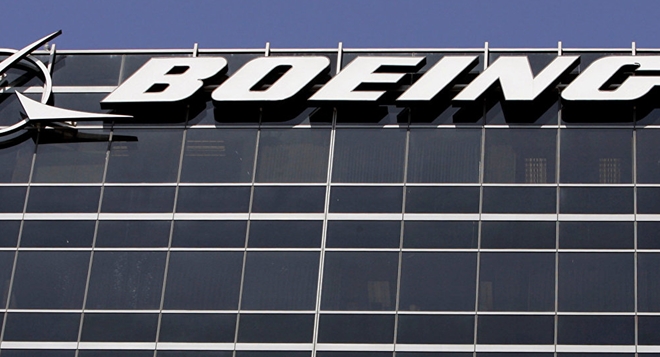Boeing’s takeover of satellite firm further consolidates space defense industry
Boeing, which manufactures everything from passenger airliners to US Air Force bombers, completed its acquisition of Millennium Space Systems, a satellite manufacturer that builds small orbital platforms like those that will be transported by the new "Phantom Express" space plane that Boeing is building for the US Defense Department.
Knowledge of the deal's details is sparse: no price has been announced, but the firm's 260 employees will now report to Mark Cherry, head of Boeing's Phantom Works product-development unit in its Defense, Space and Security Division, the Washington Examiner reported Tuesday. When the takeover was announced on August 16, Boeing's stock shot up by 4.3 percent, the Examiner noted.
The acquisition is part of a larger, multi-pronged effort directed by the US government to consolidate and streamline the industry.
On May 24 of this year, the Commerce Department announced it would combine several existing offices into a new office called the Space Policy Advancing Commercial Enterprise (SPACE) Administration. In a New York Times op-ed published the following day, US Commerce Secretary Wilbur Ross wrote that the aim of the SPACE Administration would be to improve regulation of the space industry by combining functions spread across several agencies.
Ross said the SPACE office would "oversee coordination of the department's commercial space activities, establishing a ‘one-stop shop' to work on behalf of the budding private space sector.
 |
The El Segundo-based satellite firm builds high-performance satellites weighing from 50 to 6,000 kilograms, the smaller side of which is increasingly favored by Washington, as big, heavy satellites are both pricey and resistant to update and replacement, as well as vulnerable to enemy attack, Sputnik reported. It's also the size that Boeing's spaceplane, the Phantom Express, is expected to transport to the heavens.
The Phantom Express is Boeing's answer to the reusable launch vehicles being pioneered by space firms firms like SpaceX and Blue Origin. Expected to fly for the first time in 2021, the plane's rocket engine was successfully tested at NASA's Stennis Space Center from June 26 to July 6.
Phantom Express is being produced by Boeing on a contract by the Pentagon's Defense Advanced Research Projects Agency (DARPA). With the space shuttle having ended operations in 2011, the military needs a new reusable space plane that can launch 10 small satellites 10 times in 10 days, the LA Times reported.
To save money, Boeing is building the plane from parts made out of composite materials used to manufacture its commercial aircraft, such as the 787 passenger airliner, as well as parts from the original space shuttle. The Phantom Express will, like the shuttle, launch vertically like a rocket and then land like a normal plane.
The Times noted the spacecraft is only expected to lift satellites weighing up to 1,360 kg into orbit, which disqualifies it from transporting the large geostationary satellites used for GPS navigation and spying. By comparison, the space shuttle could lift 22,600-kg loads, which is how huge devices like the 10,800-kg Hubble Space Telescope were put into Earth orbit.

